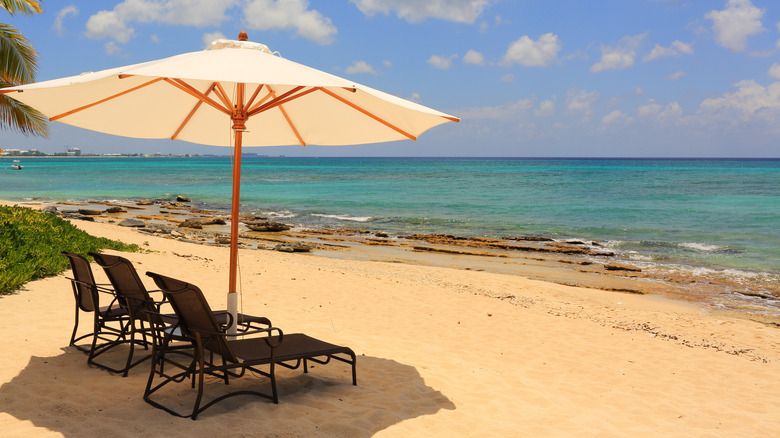Some of America’s quintessential spring break destinations aren’t looking so welcoming to tourists this year: Miami Beach is imposing restrictions to keep visitors away, while New Orleans, the most popular spring break spot, was also found to be the most dangerous in a recent study.
A spring break getaway to the islands in and around the Caribbean might seem like the perfect alternative, but according to the U.S. Department of State, travelers should rethink some of the region’s most popular spots. The State Department issued a level-three travel advisory for Jamaica, urging tourists to reconsider traveling to the island country. The advisory lists crime and insufficient medical services among the reasons to avoid Jamaica, noting that violent crime is an issue even at all-inclusive resorts.
Trinidad and Tobago was also given a level-three travel advisory by the Department of State due to crime, terrorist threats, and kidnappings. Port of Spain, the country’s capital city and primary port, is especially prone to violent crime, and the advisory states that hotels and other places frequented by tourists are common targets.
Watch out for crime in a few other popular Caribbean destinations

Jamaica and Trinidad and Tobago aren’t the only Caribbean destinations worth reconsidering for spring break. The State Department also issued level-two advisories for the Bahamas, the Dominican Republic, Turks and Caicos, and Cuba. While level-two advisories aren’t a suggestion to avoid traveling to the affected destinations, they serve as a reminder to be on guard and aware of potential threats.
The Bahamas earned its level-two status due to crime, particularly on New Providence (Nassau) and Grand Bahama (Freeport) islands. Crime often occurs between rival gangs in the area, and violence may also strike tourist neighborhoods. Criminal activity is also an issue in the Dominican Republic and Turks and Caicos, according to the Department of State. However, some areas are more dangerous for outsiders than others. The Dominican Republic tends to be safer in tourist and resort-heavy areas, where policing is more common, while Turks and Caicos’ crime is largely limited to the island of Providenciales.
While crime is also a concern in Cuba, transgressions tend to be related to petty theft. As a result, the U.S. government urges American tourists to protect themselves from pickpockets and avoid carrying valuables while out exploring.
Looking for a safe spring break getaway? Try these islands instead

While some Caribbean islands are struggling with increased crime and a lack of emergency resources, there are still plenty of other nearby locales that offer a safe and relaxing spring break escape (there are over 30 countries and territories in the region, after all).
Barbados is known as one of the safest islands in the Caribbean, especially around resort areas. Violent crime isn’t common, though tourists can find themselves in unfortunate circumstances if they let their guard down. The State Department suggests tourists remain vigilant when exploring Barbados at night, particularly on party cruises and downtown.
If you’re looking for a calm Caribbean destination with few party crowds and spring break mobs, consider a spot like Saint Lucia, known for its laid-back beaches and natural spring. Other relaxing destinations currently deemed safe by the U.S. government include Aruba, Bermuda, the British Virgin Islands, the Cayman Islands, Grenada, and Montserrat. No matter where you spend your spring break, remember to research the destination before your trip and always remain alert in public places.

